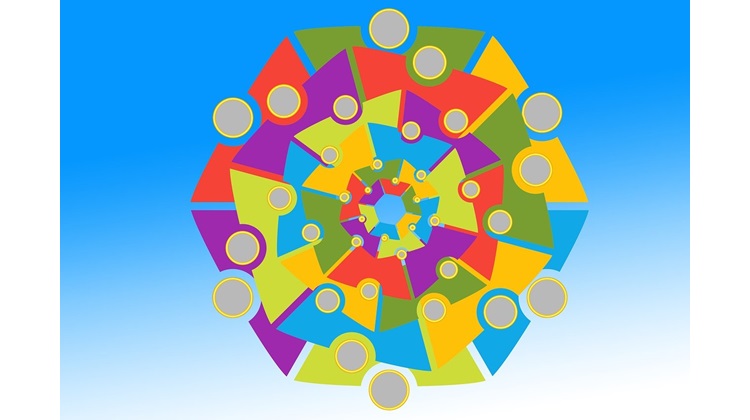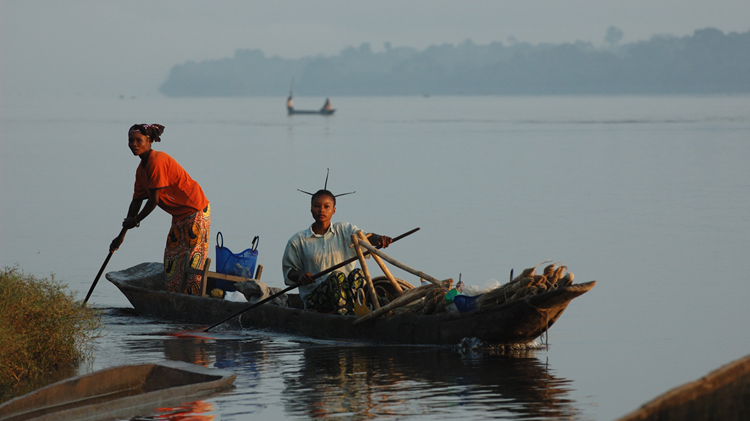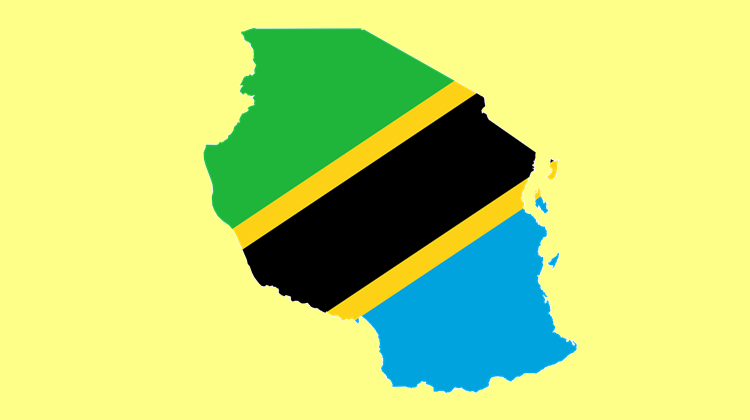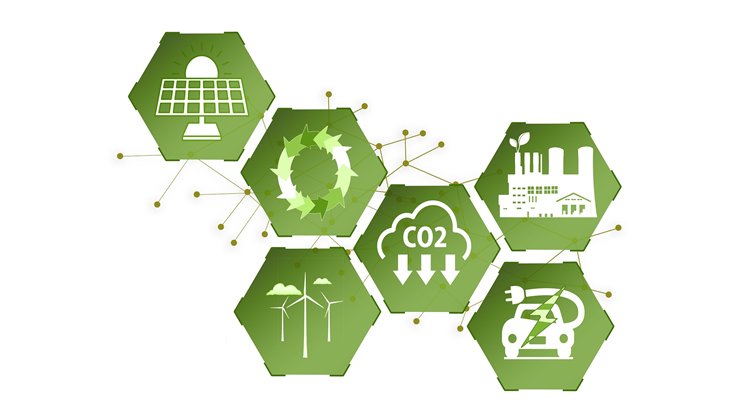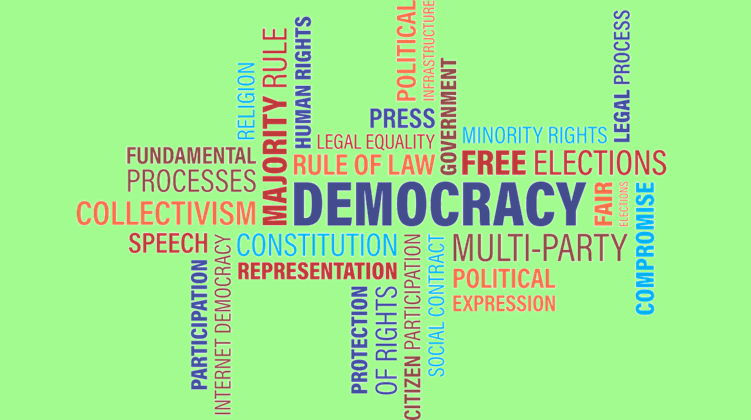Why the stories Africa tells itself are key to its future
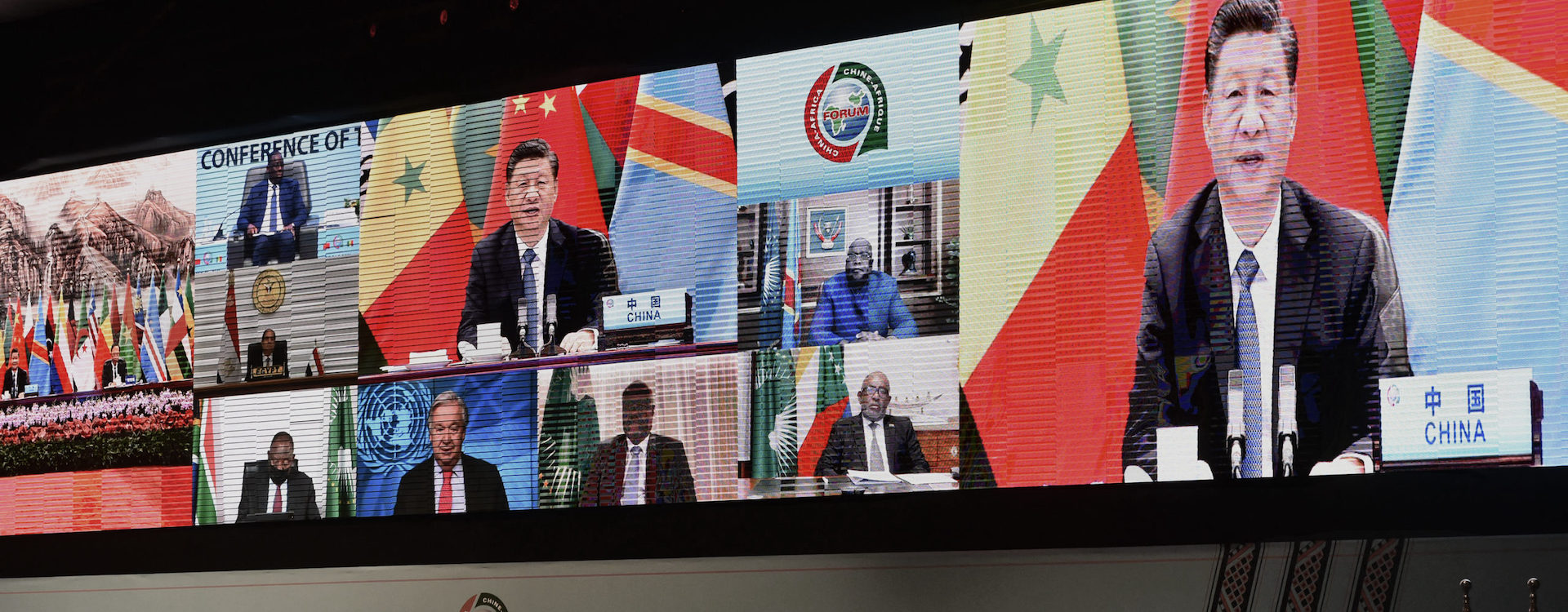
Africa must come up with its own narrative, lest it be condemned to being a bit player in someone else’s story.
‘China narratives in Western liberal democracies are not mainstream in the rest of the world.’ This is one of the takeaways from a new report by the Berlin-based Mercator Institute for China Studies (Merics). Drawing on researchers in eight developing countries, the report tried to educate its readers in Europe about something many of them may never have considered: that China is actually pretty popular across the Global South.
My first reaction when I saw this conclusion was: ‘Yah think?’ Those who’ve followed African perceptions about China via polling outfits like Afrobarometer have long known that China and the United States both enjoy relatively high, and strikingly similar, approval ratings in many African countries.
China and the United States both enjoy relatively high, and strikingly similar, approval ratings in many African countries
These findings sit uncomfortably with views coming from both Beijing and Western capitals. Our current polarised geopolitical moment rewards competition narratives and punishes nuance. Pundits on both sides benefit by presenting the two as complete opposites.
But from my perspective in Johannesburg, there are striking similarities. Both sides present themselves as paragons of 21st century development and modernity, despite being powered by a dependence on hydrocarbons straight out of the 19th century. Both balance globe-circling ambitions with a narrow domestic political focus that ends at the borders of the nation state. This means both sides’ rhetoric of aiding universal development needs some salt. And of course, despite both rejecting the language of ‘choosing sides’, they’d dearly like the Global South to choose sides – preferably theirs.
Despite both the US and China rejecting the language of ‘choosing sides’, they’d dearly like the Global South to choose sides – preferably theirs
Africa can gain from playing the sides off each other. But to do that, it needs to decide what it wants, and what both sides can offer. To my mind, this is more urgent in relation to China.
This is because Western power is already well known in Africa, and its ability to offer incentives could be plateauing. Western power is emerging from a golden age of low interest rates, and low consumer prices and inflation, partly due to China’s long reign as a low-wage manufacturer. That window is now closing. Western powers didn’t use this opportunity to transition to more sustainable energy solutions, even as their middle class was hollowed out by offshoring and financialisation.
Western power is already well known in Africa, and its ability to offer incentives could be plateauing
The result is staring politicians like United Kingdom Prime Minister Liz Truss in the face: sky-high energy prices due to the Ukraine crisis melding with a rapidly escalating climate crisis, and a squeezed and resentful electorate. No matter the rhetoric, selling Africa-focused infrastructure initiatives like the G7’s Partnership for Global Infrastructure and Investment to voters in this climate will be tough. Western powers may well still emerge as the game-changing infrastructure-funding development partners promised in these initiatives, but probably not soon.
With an economic slowdown and a rapidly ageing population, similar constraints are emerging in China. But there are key differences. First, the political will behind the Belt and Road Initiative overlaps significantly with the agenda of China’s private sector. This initiative aims to diversify sources of strategic commodities, export excess industrial capacity by finding new markets, and build political alliances across the Global South. This overlap isn’t necessarily true in the West, where governments and conglomerates frequently pull in different directions.
Chinese companies’ skills sets are also frequently aligned with African realities: from building data networks in rural territories to selling cut-price cellphones, Chinese firms have honed in on African demand and found ways to provide at price points that frequently exclude competitors.
More broadly, China’s perceptions of Africa are filtered through its own development trajectory from dirt-poor backwater to global giant. This frequently translates into bullish views of countries some Western observers would write off as basket cases.
China’s perceptions of Africa are filtered through its own development trajectory from dirt-poor backwater to global giant
However, for Africa to gain from its relationship with China it needs to face a few hard facts. First, China is in it for themselves. Second, many Chinese actors are equally happy to fund/sell good stuff and bad stuff. The responsibility for getting the development-boosting infrastructure or the appropriate technology Africa wants lies squarely with Africans themselves.
Bluntly put: if Africa wants positive outcomes from China, it needs to be more hard-nosed, more prepared, more ruthless than the Chinese. This means coming to the negotiating table with the same international legal teams as Chinese contractors. It means being similarly uncompromising in contract language, and willing to walk away from deals if they don’t serve inclusive development goals. It also means cracking down hard on any labour or environmental abuses by foreign companies.
To drive these bargains, African countries need to build a base of technocrats, cherish and include their civil society and youth contingents in project planning, and beef up the implementation of their own laws. It also means going after corrupt officials, publishing all loan contracts and working with neighbouring states to coordinate development plans, rather than allowing Chinese entities to play them off against each other.
In broader terms, it means putting Africa at the centre of the African story. It means withdrawing African buy-in from geopolitical ‘New Cold War’ narratives and only indulging these powers to the extent that they serve African purposes.
But that means really knowing what African purposes are: not only in broad terms, but in detail, and step by step.
The current tensions between China and Western countries play out as competing narratives. If Africa doesn’t come up with its own narrative, it will be condemned to being a bit player in someone else’s story. That would be a shame, because with the world’s youngest population, Africa’s story could be one about how a continent of talented young people pioneered new forms of energy and development that radically altered the course of history. That story is much more enticing than the arid coal-and-oil-and-geopolitics yarns spun by Beijing and Washington.
Cobus van Staden
Managing Editor, China Global South Project and Senior Research Affiliate, SAIIA
Image: Seyllou/AFP

